
A Comparison Deer Ticks Versus Wood Ticks [2023]
Deer ticks, also known as blacklegged ticks, are hard ticks identifiable by their black legs, red-orange body, and black scutum, which looks like a dot on the upper half of its shield..

Deer Tick Vs Wood Tick permethrin North Fork Trails Association
Three types that people may come across in Minnesota are the blacklegged tick (aka deer tick), the American dog tick (aka wood tick), and the lone star tick. The blacklegged tick causes by far the most tickborne disease in Minnesota. People in Minnesota are often bitten by American dog ticks but they rarely spread diseases.
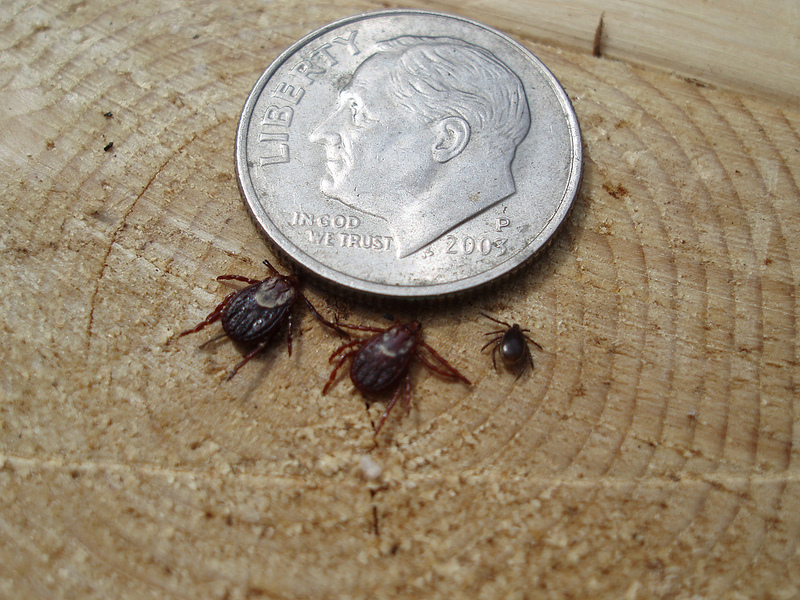
deer ticks Archives
Only two types of ticks — blacklegged ticks (sometimes called deer ticks) and Western blacklegged ticks — can transmit Lyme-causing bacteria. But these and other types of ticks can.

How to Identify a Deer Tick 6 Steps (with Pictures) wikiHow
A wood tick, or Dermacentor variabilis, is also called an American dog tick. These ticks are found mainly in grassy fields, near brush, and along pathways. Unlike the deer tick, it prefers areas with little or no tree cover. The wood tick will feed on a variety of hosts, from mice to deer, and of course dogs. Life Cycle
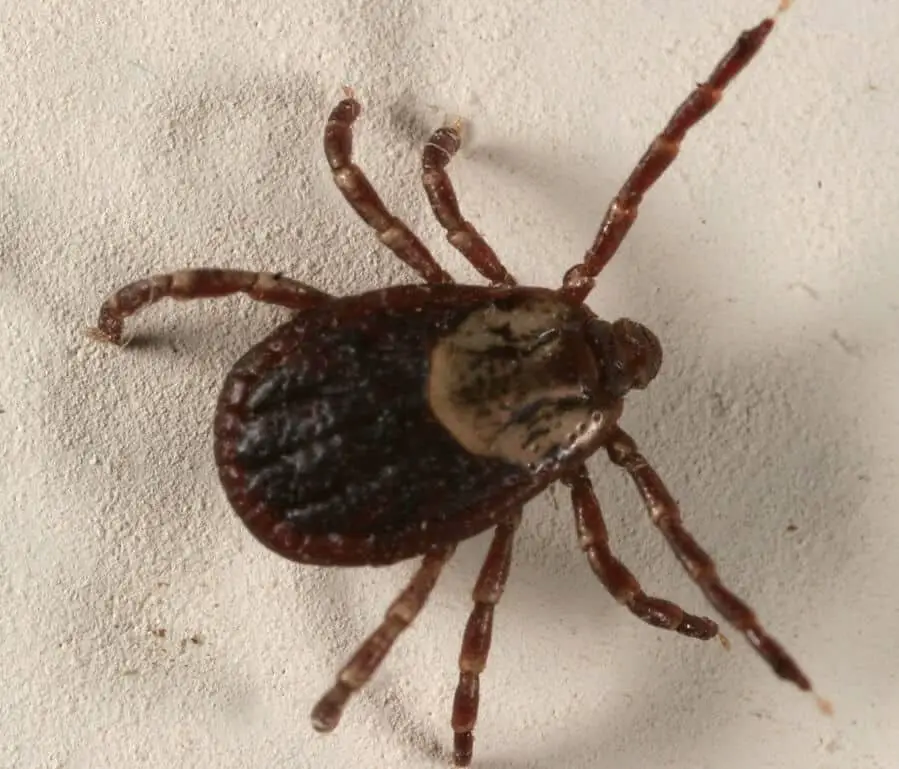
Differences Between Deer Ticks and Regular (Wood) Ticks & Protection
1 Summary Table 2 Definitions 3 Deer Tick vs Wood Tick 4 How do you tell if a tick is a deer tick? 5 Is a dog tick the same as a deer tick? 6 What causes Lyme disease? 7 How do I know if my dog has been bitten by a tick? 8 How can you remove a deer tick? 9 Is it possible to have a tick bite on your head? Summary Table Definitions

Deer Tick Vs. Wood Tick
A Deer Tick vs Wood Tick. In this quick and useful guide you will learn to identify two common tick species in Minnesota. These species are 1). deer ticks otherwise known as black-legged ticks and 2). The American dog tick, more commonly known as the wood tick. Knowing how to properly identify these species can help to accurately define the.

Wood Tick And Deer Tick Comparison HighRes Stock Photo Getty Images
Here are some commonly asked questions about wood ticks, deer ticks, and Lyme disease: What is the difference between wood ticks and deer ticks? Wood ticks are larger than deer ticks and have a dark brown or black body with white or gray markings. Deer ticks, on the other hand, are smaller and have a reddish-brown body with a black spot on.

Deer Tick vs. Wood Tick How to Identify and Tell the Difference
Quick facts The two most common ticks found by humans are: American dog tick, Dermacenter variablis, or wood tick. Blacklegged tick, Ixodes variablis (formerly known as deer tick), which carries Lyme disease and other diseases. The brown dog tick is also found in Minnesota, but less commonly seen. To avoid tick bites:

wood tick vs deer tick deer tick and dog tick side by side comparison
Deer ticks, also known as black-legged tick, and have a reddish-orange colored body with a black shield, are mostly found in adult females, and are tiny in size. Wood ticks, or dog ticks, have a reddish-brown color, and the female has a white shield and is around twice the size of deer ticks. Both of these have eight legs, resembling that of.

Excellent Presentations on Deer and Invasive Species and Managing Tick
Wood Ticks vs Deer Ticks It is crucial to be able to distinguish between wood ticks and deer ticks for several reasons. Firstly, while both types of ticks can transmit diseases to humans, the diseases they carry are different.

Deer Tick vs Wood Tick Wood tick, Deer ticks, Tick removal
Deer ticks, or blacklegged ticks, are blood-sucking insects that are about the size of a sesame seed and have eight black legs. They prefer to feed on larger animals, such as deer, but they.
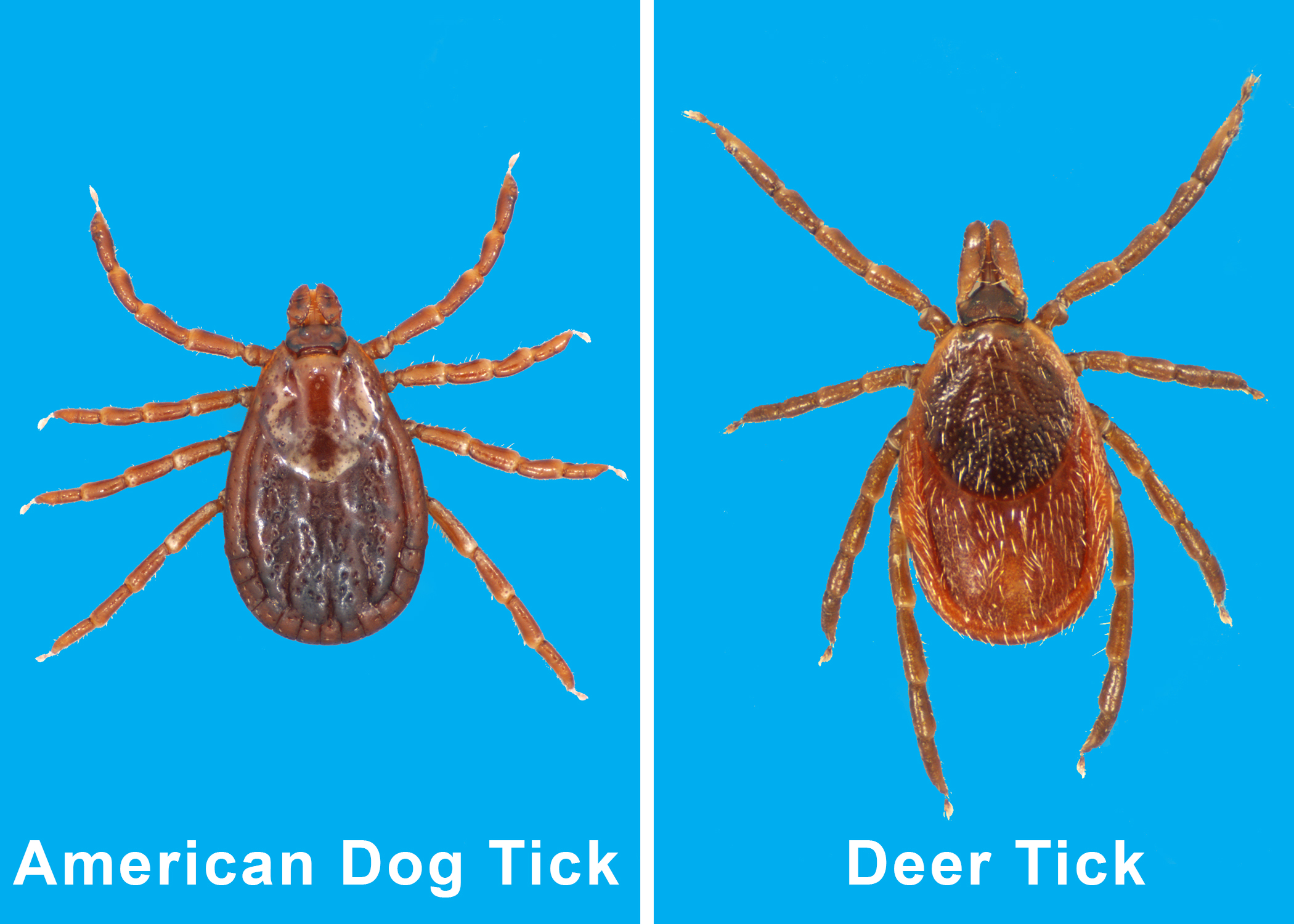
Observe precautions in tick environments Mississippi State University
A deer tick is about ⅛ inch big and a wood tick is a little bigger at about 3/16 inch big. Wood ticks are generally slightly larger. Females are about 5 mm long when they aren't engorged. They grow to 15 mm long and 10 mm wide when engorged. Color Differences Between Deer and Regular Ticks
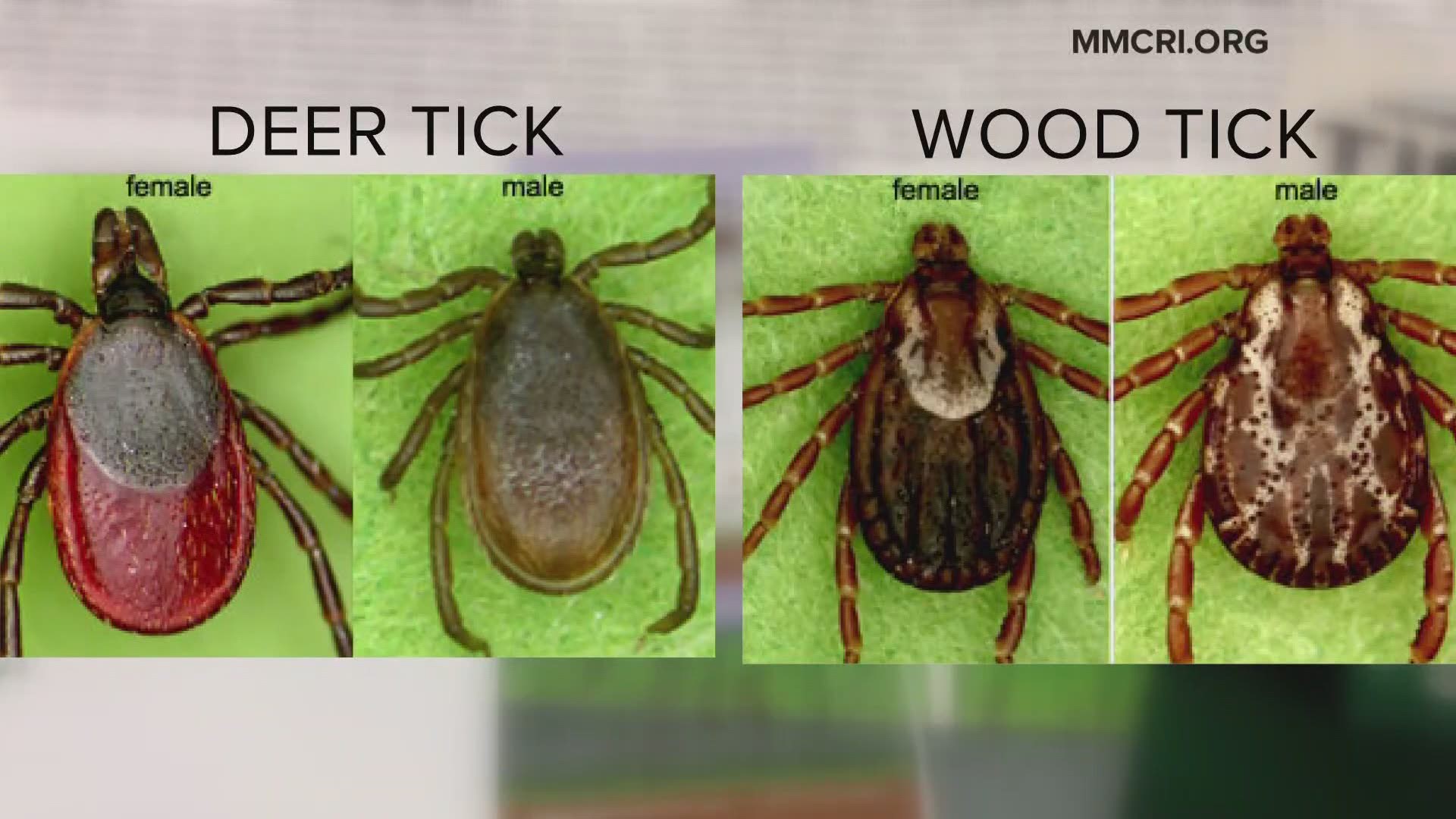
Fighting deer ticks with natural repellents
The black-legged tick, also known as the deer tick, is mainly found in the eastern half and Midwest region of the U.S. The scientific name for this tick is Ixodes scapularis. The black-legged tick can spread parasites, bacteria and a virus with its bite. The diseases humans can get from a black-legged tick bite are: Anaplasmosis. Babesiosis.
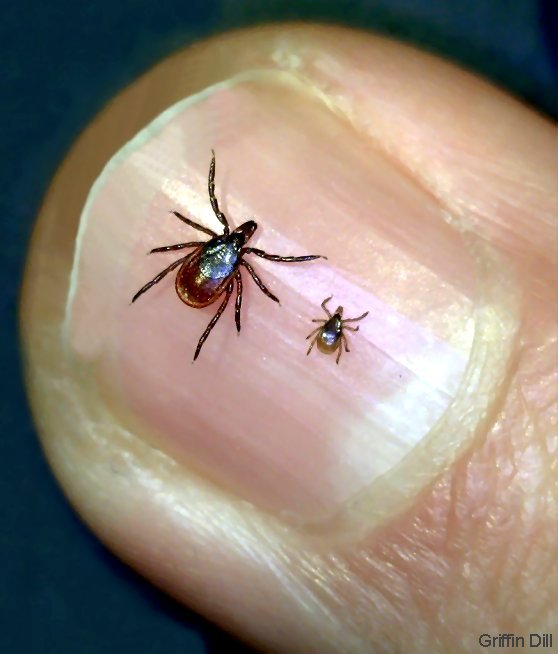
Blacklegged Tick or Deer Tick Cooperative Extension Tick Lab
The deer tick, or blacklegged tick ( Ixodes scapularis) can transmit Lyme disease and other illnesses to its hosts. Ticks are most easily identified in their adult stage, but disease can be transmitted in the nymph stage as well. [1]
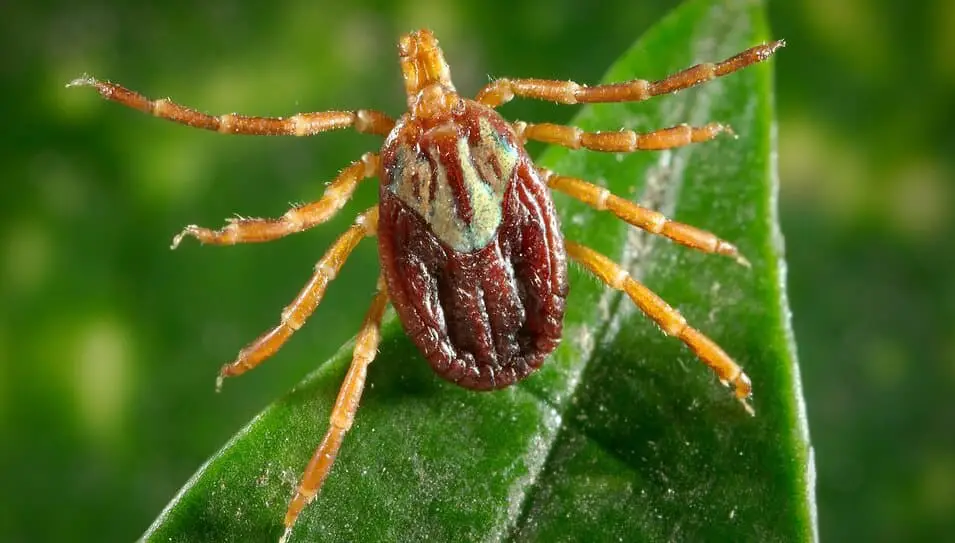
Differences Between Deer Ticks and Regular (Wood) Ticks & Protection
Wood Ticks Wood tick is an imprecise term that can be applied to a number of species of tick. It is, however, most commonly used to refer to American dog ticks, which are ticks that prefer to feed on dogs, as their name suggests. American dog ticks have brown bodies and, if you're looking at a female, an off-white scutum.
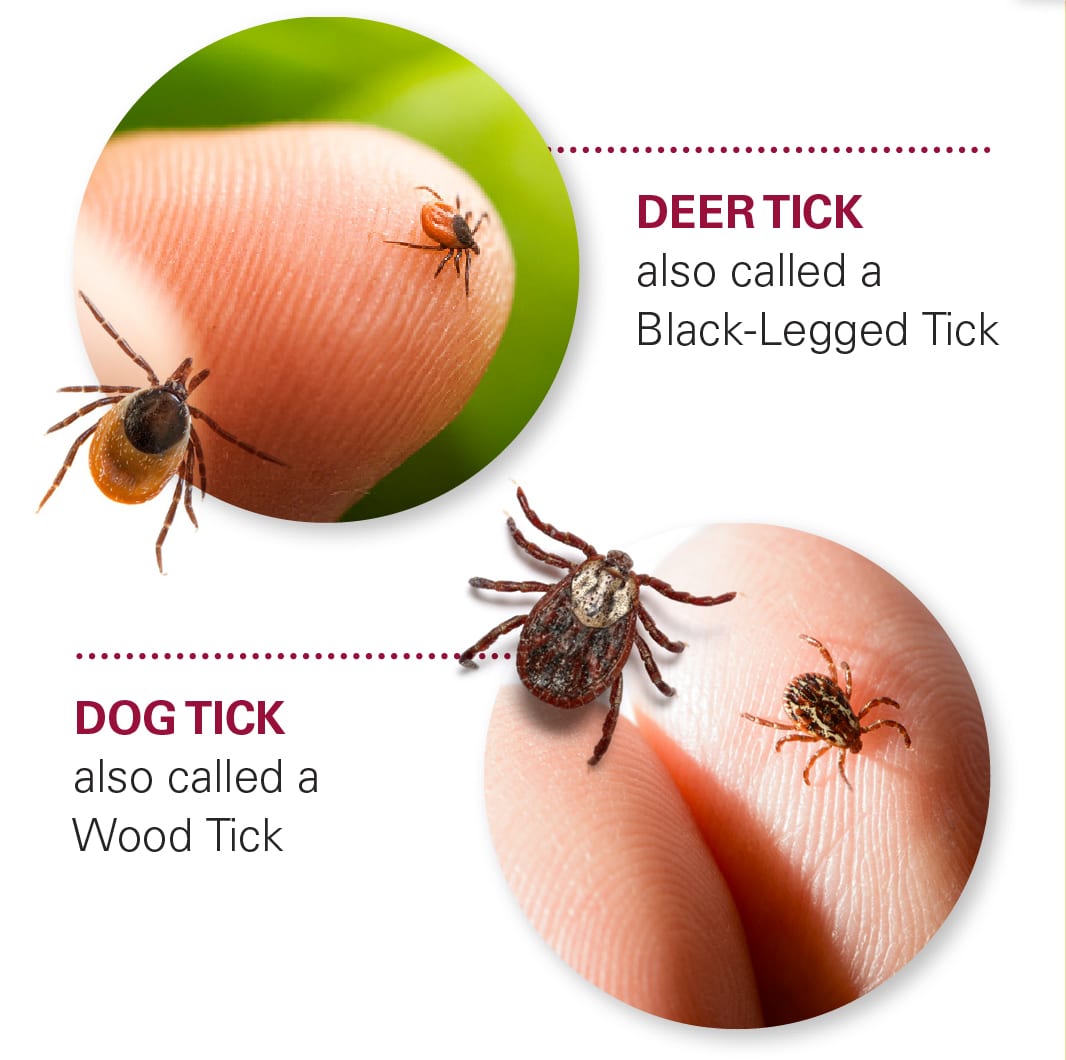
DFD's Guide to Ticks DFD Russell Medical Centers DFD Russell
Deer ticks usually refer to the blacklegged tick (Ixodes scapularis) and the western blacklegged tick (Ixodes pacificus), while wood tick refers to the American dog tick (Dermacentor variabilis) and the Rocky Mountain wood tick (Dermacentor andersoni).